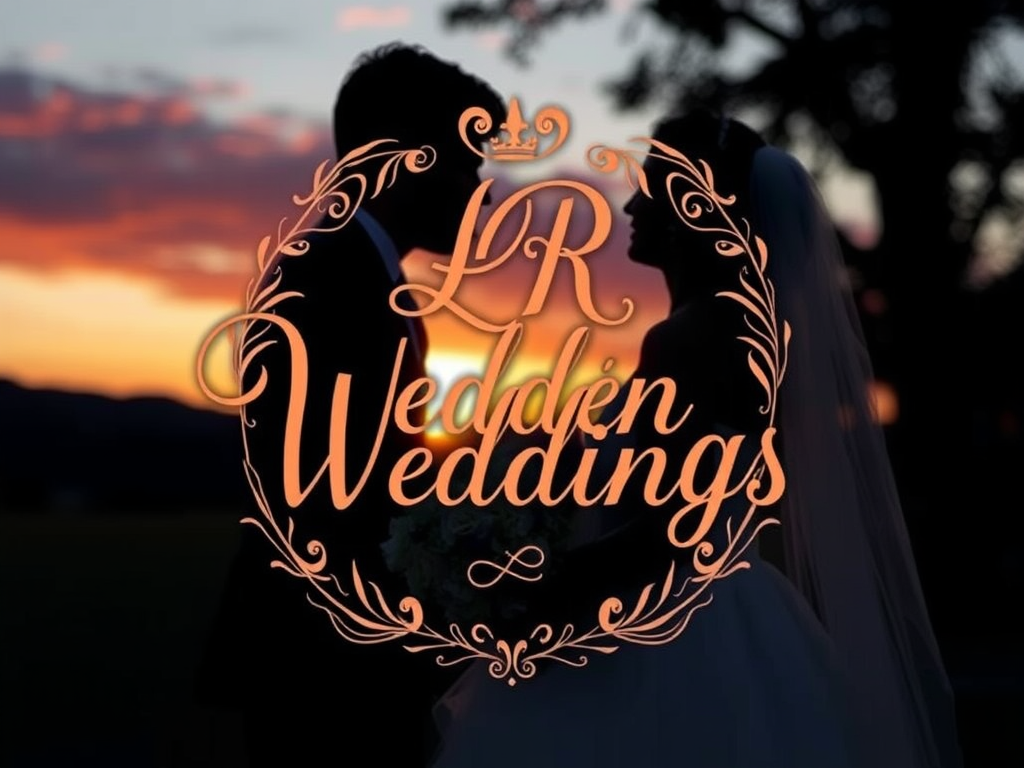Understanding UK Wedding Dress Codes
Navigating UK wedding dress codes can initially seem daunting, yet understanding them is crucial for attendees. Dress codes vary largely depending on the formality and theme of the wedding. Generally, a more formal occasion might require traditional attire, such as morning suits for men and formal dresses for women, whilst informal settings might allow for more relaxed clothing.
Wearing white has a historical context in UK weddings, where brides predominantly don this hue as a symbol of purity and new beginnings. This tradition gained immense popularity after Queen Victoria’s wedding, drastically influencing fashion norms.
In parallel : Ultimate guide to choosing waterproof eyeliner for london’s drizzly days: achieve all-day glamour!
In addition to tradition, current trends reflect a noticeable cultural shift regarding colour choices. Some modern couples encourage guests to wear specific colours, or even white, as part of their theme. It is always wise to check the couple’s dress code expectations outlined in the wedding invitation or to ask directly, ensuring appropriateness.
Overall, the key to navigating wedding attire lies in respecting traditions while being adaptable to contemporary practices. Understanding these elements can enhance your wedding experience, keeping you aligned with etiquette and personal comfort.
In parallel : The Ultimate Guide to Immaculately Caring for Your Silk Blouses: Expert Tips and Techniques from the UK!
The Cultural Significance of Wearing White in Weddings
The cultural significance of the white wedding dress is deeply rooted in Western traditions. Originally symbolizing purity and innocence, the white dress has become a global icon associated with marriage. The trend was popularized when Queen Victoria chose to wear a white gown for her wedding to Prince Albert in 1840, marking a departure from previous norms where brides wore gowns in various colours reflecting their cultural background.
In many Western cultures, the white dress symbolizes purity and celebration, although interpretations vary across different societies. For instance, in some Eastern cultures, white is traditionally associated with mourning rather than celebration. However, as cultural globalization progresses, the trend adopted in Western weddings is being embraced more widely, albeit adapted to fit local customs.
In contemporary settings, wearing white remains a staple in weddings but is not universally obligatory. Although traditional for brides, modern wedding etiquette allows for flexibility, encouraging individuality in colour choice. This shift reflects broader fashion norms, where personal expression takes precedence. Weddings today often blend tradition with personal style, and white gowns serve as an option alongside dresses of other hues that reflect the couple’s personal tone and theme for their special day.
Contemporary Perspectives: Is White a Faux Pas?
Amidst evolving wedding etiquette, the prevailing question remains—should guests wear white at weddings? Traditionally, wearing white as a guest has been perceived as encroaching on the bride’s limelight, thus deemed inappropriate. However, modern views have started to embrace flexibility. Many fashion norms now revolve around inclusivity and personal expression, allowing exceptions under specific circumstances.
Opinions from seasoned wedding planners and cultural commentators often highlight contextual factors. For instance, some weddings explicitly invite guests to don white, aligning with an established theme. Such requests are usually evident in the invitation or communicated directly by the couple, fostering inclusivity and comfort for all attendees.
Nonetheless, discerning situational appropriateness is crucial. In cases where attire guidelines are unspecified, opting for a safer choice is advisable to respect traditional sensibilities. Some practical tips include selecting white attire with subtle patterns or details that differentiate them from bridal wear, ensuring you’re aligned with both modern and traditional expectations. As social norms continue to evolve, the notion of white being a faux pas becomes increasingly subjective, influenced by personal and cultural nuances.
Ethical and Eco-Friendly Beauty: Introduction to Vegan Brands
The rise of vegan beauty brands in the UK signals a significant shift toward ethical cosmetics and eco-friendly products. Vegan beauty products avoid using animal-derived ingredients and do not involve animal testing, aligning with the increased consumer demand for ethical choices. This growing preference highlights the importance of transparency in the cosmetics industry.
Vegan beauty, with its ethical underpinnings, presents several benefits. Firstly, many products eliminate harmful chemicals and synthetics, resulting in formulations that are gentler on the skin. Moreover, these eco-friendly products often come with sustainable packaging, reducing environmental impact. By choosing vegan beauty, consumers support brands that prioritise cruelty-free practices and environmental consciousness.
In recent years, the variety and availability of vegan beauty brands in the UK have expanded significantly. Well-known brands offer a range of products that cater to different beauty needs, from skincare to makeup, ensuring consumers have access to high-quality, ethical choices. The innovations in this sector reflect an industry responding to a call for sustainability and compassion, making vegan beauty not just a trend but a movement towards responsible consumerism.
Top Vegan Beauty Brands Available in the UK
In the realm of vegan beauty brands within the UK, several names stand out for their commitment to ethical practices and impressive product offerings. These brands not only promise ingredients free of animal products but also adhere to cruelty-free and environmentally responsible standards.
Brand Spotlight: 100% Pure
100% Pure is renowned for using natural plant pigments for their cosmetics, ensuring formulations remain vegan and cruelty-free. Their standout products, such as the Fruit Pigmented® palettes, showcase vibrant options without synthetic dyes, appealing to eco-conscious consumers seeking sustainable choices.
Brand Spotlight: E.l.f. Cosmetics
E.l.f. Cosmetics offers a broad range of affordable vegan products, known for their inclusive shade ranges and quality formulations. With popular items like the Poreless Putty Primer, which is highly rated for its performance, they maintain a loyal customer base appreciative of their ethical commitments.
Brand Spotlight: Lush
Lush has positioned itself as a leader in the ethical beauty industry, with their fresh handmade cosmetics crafted from sustainably sourced ingredients. Their iconic bath bombs and skincare solutions highlight their innovation and dedication to environmental causes, elevating their customer satisfaction ratings consistently.
These brands collectively underscore the evolving landscape of ethical beauty in the UK, providing diverse options fitting various consumer preferences.
Additional Vegan Beauty Options and Trends
Within the thriving landscape of vegan skincare, the UK market continues to evolve with a plethora of indie beauty brands making their mark. These brands often focus on creating sustainable products that do not compromise on quality or ethics, appealing to environmentally conscious consumers.
Indie brands like UpCircle Beauty and BYBI Beauty highlight innovative approaches, using repurposed ingredients and sustainable packaging. Their commitment to cruelty-free beauty positions them as leaders in a rapidly growing market, drawing consumers towards more thoughtful purchasing decisions.
Vegan skincare trends emphasize organic ingredients and minimalist formulations, reflecting a shift towards simplicity and transparency. This movement is driven by consumers demanding clearer labeling and ingredient lists free of synthetic additives. Brands are responding by prioritizing sustainable practices, ensuring that their products leave a minimal environmental footprint.
The importance of cruelty-free beauty cannot be overstated as it aligns with ethical consumer values. Products that adhere to these principles not only meet regulatory standards but also cater to a growing demographic that values ethical production. In summary, the trends in vegan beauty underscore a broader societal movement towards sustainability and conscious consumerism.

